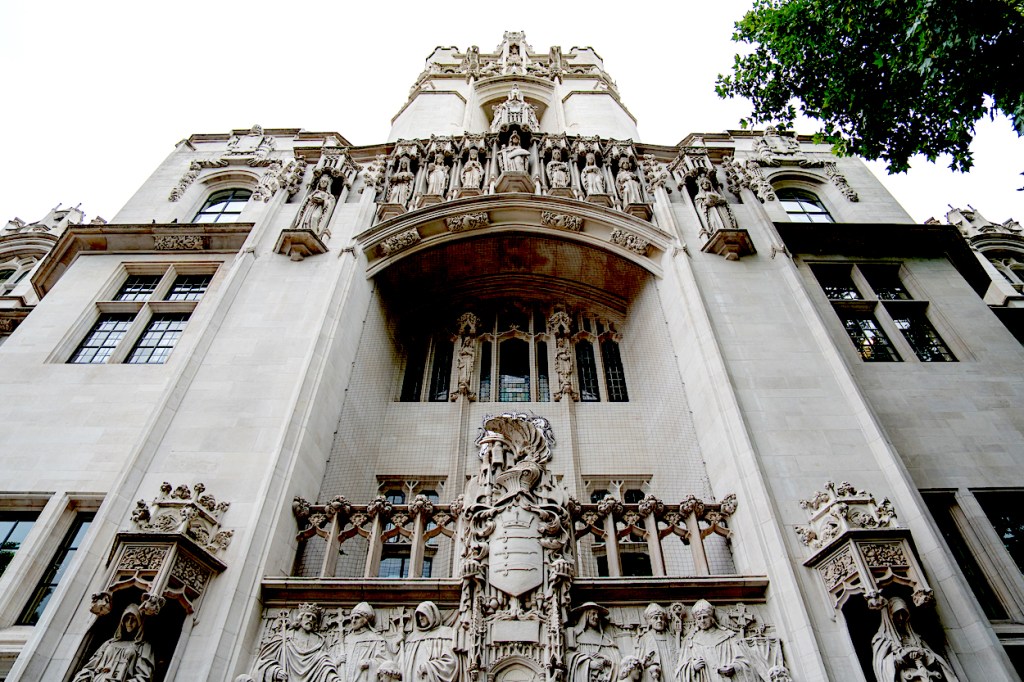Back-bench MPs are again discussing how to ‘strip’ Prince Andrew of his titles. The frenzy and impulse is public-facing and moral, and while motivations may differ, the method proposed is mostly constitutionally illiterate and impossible.
Royal dignities are legal instruments. They are not decorative honours that parliament may remove by political motion. Each exists in law in a distinct way and must be addressed by the procedure appropriate to it. The United Kingdom has clear mechanisms for doing so, but they are formal and precise, which is exactly why they work.
Prince Andrew holds three peerages: the Dukedom of York, the Earldom of Inverness and the Barony of Killyleagh. All were created in 1986 by royal charter. A peerage once created cannot simply be ‘taken back’, even by a backbencher. The only current precedent for revocation is the Titles Deprivation Act 1917, which allowed the Crown, with parliament’s authority, to deprive peers who had supported the enemy during the Great War. It required notice, an Order in Council and an entry in the official roll. Any modern statute would need to reproduce that level of procedure and precision. A one-clause bill or an amendment added in committee would not survive legal scrutiny.
The style and rank of ‘Prince of the United Kingdom’ and ‘Royal Highness’ stand on a different legal footing. They are not statutory entitlements but privileges conferred by royal charter – specifically the Letters Patent of George V issued in 1917. Those Letters Patent can be replaced or narrowed by any reigning monarch. That power has been used before: in 1996 the late Queen directed that divorced spouses of the Royal Family should cease to bear the style of Royal Highness. The point is that this can be done directly by the sovereign; parliament has no part to play.
Removing a person from the line of succession would be another matter again (and surprisingly not something addressed at all by those currently filling the air-waves). That can only be done by explicit statute, as in the Declaration of Abdication Act 1936. Because the succession operates throughout the United Kingdom, such a statute would require consultation with the devolved administrations under the Sewel Convention. An attempt by Westminster alone could be challenged as constitutionally defective.
Then there is the case of Sarah, Duchess of York. Her title is a courtesy style created after divorce. It was separated from her former husband’s dignities almost 30 years ago. Unless parliament were to legislate directly against her – which there is no suggestion of – she would remain styled as she is. Any bill drafted to affect Prince Andrew’s position would leave hers untouched.
Even if every one of Andrew’s peerages and royal styles were removed, he would still be described as Lord Andrew Mountbatten-Windsor by courtesy, being the son of a duke on both sides. Courtesy titles arise from custom, not grant, and have no legal mechanism for revocation. They would continue to appear in formal precedence lists unless a new statute expressly directed otherwise.
This is the procedure. It is unexciting, but it is the law
If parliament genuinely wishes to legislate, it must begin in the House of Lords. Questions of peerage and honour fall within the Lords’ own jurisdiction, and only there can the necessary ministerial and legal officers give effect to change. The Crown’s consent would have to be formally signified because the measure affects the prerogative. Government and opposition would both have to agree, since a divided vote on the composition of the Royal Family would itself breach constitutional convention. Once enacted, the statute would direct the relevant departments to record the change and to amend the official lists accordingly.
That is the procedure. It is unexciting, but it is the law. Everything being proposed outside it; private members’ bills, amendments tacked onto unrelated legislation, motions of moral disapproval, all would be either ineffective or void. Parliament cannot legislate inside the prerogative or by enthusiasm alone.
Royal protocol may look archaic, but it is the system that keeps political passion from becoming constitutional damage. If MPs wish to act, they can. They simply have to do it correctly: draft the bill, secure Crown consent, and send it through the proper House (Lords). What they cannot do is improvise. The constitution does not yield to indignation. It yields only to competence.








Comments